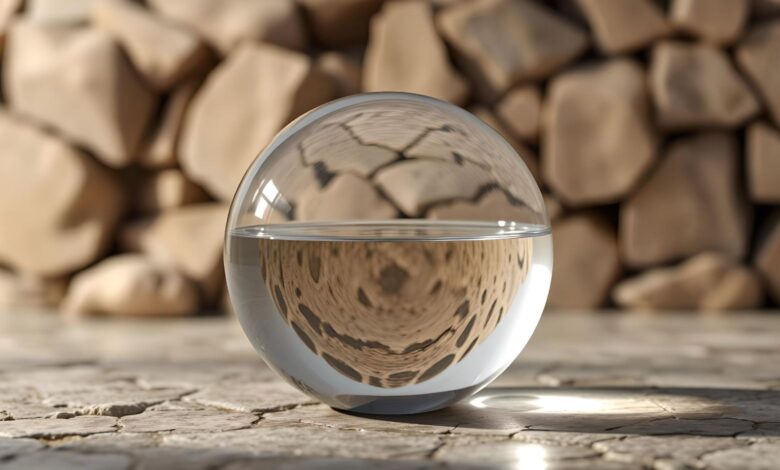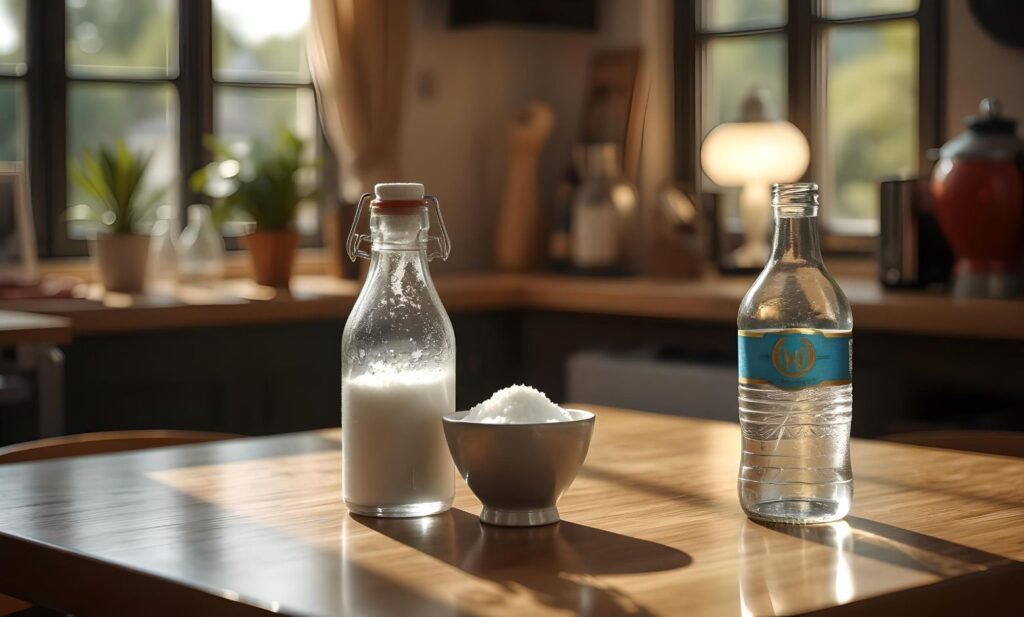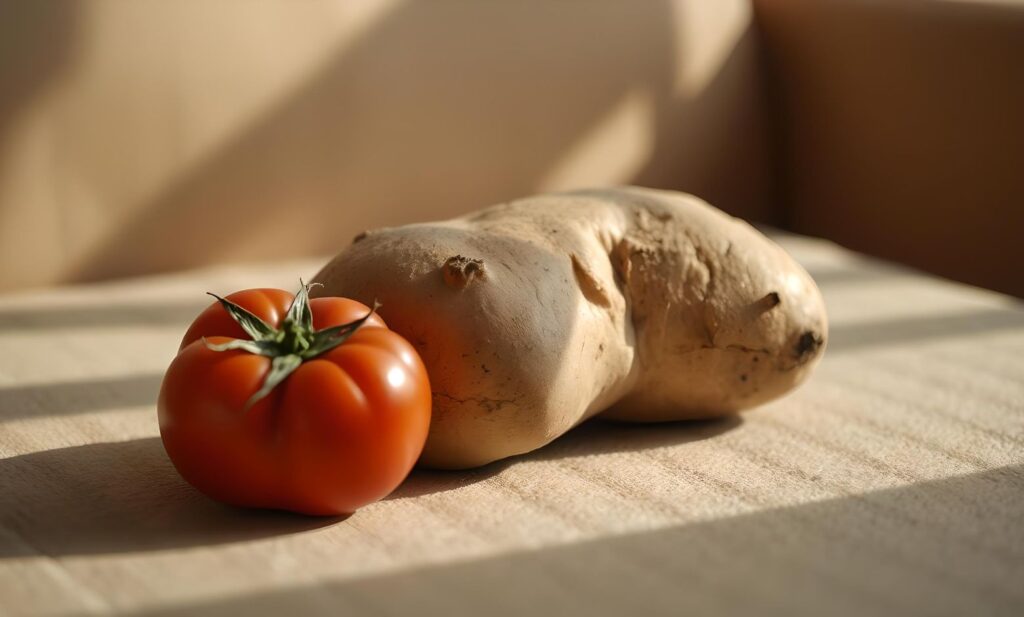Hydration Supplements: Magic Potion or Overhyped Lotion?

Funny fact: the human body is like a walking water balloon—about 60% water! Water keeps things running smoothly, from delivering nutrients to sharpening brainpower. But here’s the catch: we’re constantly losing water through sweating, peeing, and even breathing. To keep everything in tip-top shape, you need to replenish those fluids regularly.
The problem? Life’s busy! Between meetings, errands, and barely having time for a bathroom break, staying hydrated can feel like a challenge. You’ve probably noticed those colorful electrolyte drinks on store shelves and wondered if they’re the secret to solving your hydration woes. Are they really as magical as they seem, or just another fad?
With so many options and opinions, it’s easy to get overwhelmed. Are electrolyte drinks a game-changer, or is plain old water still the hydration MVP? Spoiler alert: for most of us, water does the job just fine, but it’s worth diving into when supplements might actually help. Let’s break it down and bust some hydration myths while we’re at it!
Sodium, Potassium, and Friends: Meet Your Electrolyte Squad

Supplements for hydration can be a lifesaver when your body’s running low on electrolytes.
Electrolytes are those superstar minerals that keep everything in your body working smoothly. They’re found in your sweat, blood, and even pee, and they’re key for staying hydrated, moving muscles, and firing up nerves. But when you don’t get enough fluids or lose too many electrolytes (hello, sweaty workouts), dehydration can hit hard, bringing on headaches, fatigue, muscle cramps, and that foggy “can’t-think-straight” feeling.
Electrolytes carry an electric charge when dissolved in fluids, making them crucial for balance. The big players include sodium, potassium, chloride, bicarbonate, calcium, magnesium, and phosphate. Luckily, your body makes bicarbonate, and you can meet phosphate and calcium needs through food. Sodium (aka table salt) covers another two bases. So, the stars of most hydration drinks and supplements are potassium, magnesium, and, yes, sodium—because it’s effective and, let’s face it, cheap. Why do we need them? Well, they keep everything running, from muscles to brain power. Pretty important, right?
Sodium is a big deal when it comes to electrolytes. It helps keep your body’s fluid levels in check and your cells running smoothly. If you’re low on sodium, you might feel the effects with headaches, confusion, nausea, or even vomiting. Not fun, right?
Potassium. Think of potassium as your body’s balance keeper. It helps maintain a steady state of equilibrium (fancy word: homeostasis). If your potassium levels are off, it can mess with your heart rhythm, cause muscle cramps or weakness, and even lead to a serious condition where muscles start breaking down.
Chloride is a workout buddy for your muscles and nerves. It’s a must for proper muscle contractions and nerve signals, especially during exercise. You might run into issues like blood clotting problems or hormonal imbalances without enough of it.
Bicarbonate. This unsung hero is key in keeping your body’s pH balanced. It also works with other transporters to move ions and nutrients across cell membranes—kind of like a backstage pass for vital functions.
Magnesium is a multitasker. It helps with metabolism, muscle movements, and brain functions. If you’re short on magnesium, it can cause issues like stomach troubles or kidney problems. Definitely a mineral you don’t want to skimp on!
To Salt or Not to Salt: When Hydration Supplements Make Sense
The best time to turn to supplements to increase hydration is when you’re sweating like crazy or losing fluids from something like food poisoning or high fever—basically when your body needs serious rehydration.
If your workout is short and sweet, plain water will usually do the trick. But if you’re pushing past the hour mark, the American College of Sports Medicine suggests it’s time to consider boosting your electrolyte levels. This is especially helpful if you’re looking to recover quickly and jump back into training.

Most of us land somewhere between couch potato and ultramarathoner tip-top tomato, and how you rehydrate depends on your sweat levels and what’s actually in your sweat. So, whether you’re a heavy sweater or not, understanding your body’s hydration needs can help you decide if extra electrolytes are worth adding to your routine.
Sweat levels vary from person to person and depend on things like how hard you’re working out and the temperature around you. But here’s the kicker: the amount of sodium in your sweat isn’t the same for everyone either. Some folks hop on a spin bike, and three minutes later, there’s a puddle under them. If that’s you, congrats—you’re a heavy sweater. And if your sweat stings your eyes or leaves salty streaks on your clothes, you’re probably a salty sweater, too.
For both heavy and salty sweaters, electrolyte supplements can be a game-changer. Consider using them before, during, and after long or intense activities to keep your hydration in check. Experts suggest aiming for 300-600 milligrams of sodium per hour if you’re sweating it out for more than an hour—whether that’s on the field, in the gym, or working outdoors on a scorching day.
Also, keep in mind that about a third of healthy folks are salt-sensitive, meaning too much sodium can spike blood pressure and increase the risk of heart problems. That’s why the FDA recommends capping sodium intake at 2,300 mg per day.
Here’s the catch: most Americans already go overboard on sodium, and hydration supplements often add even more to the mix. Eating plenty of fruits and veggies can usually give you all the electrolytes you need, so you won’t have to rely on sodium-heavy options. If you do grab a supplement, check the label to make sure it’s not packing too much salt.
Hydration supplements can also save you from a post-party hangover. Since alcohol dehydrates you, sipping an electrolyte drink before bed might help ward off those dreaded morning-after blues. Cheers to smarter hydration!
Electrolytes in Real Life: Beyond the Bottle

You don’t always need to rely on hydration supplements to get your electrolytes—they’re hiding in plain sight in everyday foods and drinks!
Even your regular bottled or tap water has trace amounts of electrolytes. Tap water, for instance, contains small amounts of sodium, calcium, and magnesium, though it’s a bit light on potassium. Sports drinks, on the other hand, amp up the sodium and potassium but tend to skimp on magnesium and calcium.
But here’s the kicker: electrolytes aren’t exclusive to fancy packets or sports drinks. They’re in plenty of regular foods you probably already eat:
- Fruits: Bananas, oranges, and avocados are potassium powerhouses.
- Leafy Greens: Spinach, kale, and Swiss chard are loaded with magnesium and calcium.
- Nuts and Seeds: Almonds and sunflower seeds bring magnesium and potassium to the table.
- Dairy: Milk, yogurt, and cheese are great sources of calcium and magnesium.
- Coconut Water: A natural alternative to sports drinks, packed with potassium and sodium—just watch out for potential stomach upset.
- Savory Snacks: Pickles and olives are sneaky sodium hits (just keep it moderate).
- Mineral-Rich Salts: Swap out plain table salt for Himalayan pink or sea salt for a small electrolyte boost.
The best electrolyte sources? Natural, whole foods that keep your digestion happy and your body fueled.
Conclusion
Here’s the deal: the best hydration supplements can definitely be helpful, but they’re not a magic replacement for good old water. These supplements can give you the extra boost you need to stay energized, focused, and ready to take on the day—especially during intense workouts, illness, or other situations where you’re sweating buckets. But for your everyday activities? Water is usually enough to keep you hydrated.
Choosing between water and electrolytes really comes down to your personal needs and lifestyle. A balanced diet full of fruits, veggies, whole grains, lean proteins, and healthy fats—paired with plenty of water—usually does the trick. That said, there are plenty of options out there, from sports drinks to powders and tablets. Just make sure to check the labels for a balanced mix of electrolytes and skip the ones loaded with sugar.
Also, don’t forget that hydration supplements aren’t FDA-regulated, so not all products are created equal. And if you have underlying health issues like kidney or heart problems, you might already be dealing with electrolyte imbalances. Symptoms like muscle cramps and irregular heartbeats could mean something else entirely, so it’s always wise to talk to a healthcare professional before relying on supplements alone. They’ll help you figure out the best way to stay hydrated and healthy!




